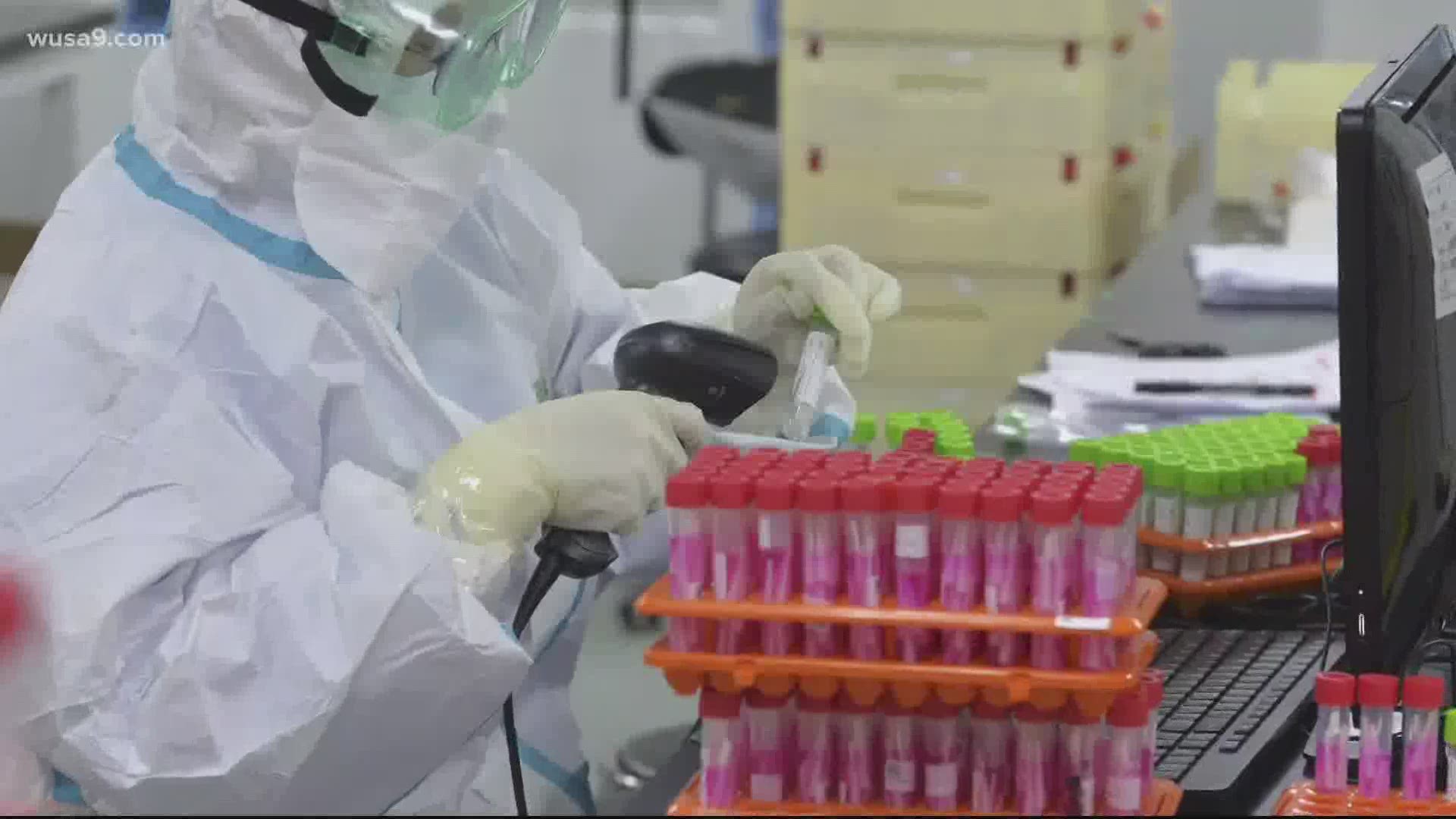WASHINGTON — The FBI’s Washington field office warned Friday of hackers, criminals, and scam artists in the shadows of the most ambitious effort to vaccinate the American people – offenders who could attempt to disrupt the coronavirus vaccine supply chain, or target vulnerable citizens looking for doses of the long-awaited injections.
The clarion call for vigilance came as the head of the field office’s financial crimes division said malevolent actors may strike in the early days of the vaccine rollout, as cases skyrocket and desperation of a disastrous winter season sets in.
“There’s an expiration date to take advantage of the lack of supply,” Timothy Thibault, assistant special agent in charge of the D.C. criminal division, said. “So, the bad guys realize that, and I think they’re going to attempt to do this on the front end of vaccine distribution.”
The Bureau warned of two types of fraud that could intersect with America’s vaccine rollout: theft of personal information as individuals seek the scarce shots, and theft of data held by companies involved in the supply chain.
“We’ll start with the easiest ones, which are bad actors who attempt to advertise a supply of covid vaccine,” Thibault said. “They would reach out via email, with telemarketers, or on a malicious website, and direct potential victims to that website. It’s an attempt to steal their personal information and information about their health.”
Thibault emphasized how personal and medical information has value for scammers across borders, as domestic and international criminals are known to exploit, victimize, and ultimately profit from the illegally-held information.
With the vaccine supply chain itself, the FBI warned of the emerging potential for nation-state actors, criminal syndicates and individuals to exploit vulnerabilities across the multitude of entities involved in vaccine delivery.
“A lot of the planning happens via the web, so it’s not difficult sometimes for actors to get into company computer systems and hold that company for ransom potentially, taking their data away,” Thibault said. “Company officials could become victims of a phishing scheme, an email scheme, and unintentionally provide information that should be secure.”
Yet Thibault expressed confidence in U.S. law enforcement’s posture as it prepares for possible fraud during the final chapter the pandemic. On the supply chain side, Thibault highlighted corporate chiefs of security who now meet regularly with federal authorities, including the FBI and Secret Service.
“We make sure that we’re all sharing information, including with Homeland Security, the FDA and the CDC,” Thibault said. “We’re very confident that we can mitigate these crimes and hopefully, we’ll get in front of them, and prevent them.”
Members of the public can report fraud to the FBI by visiting IC3.gov. The Bureau reported it received more than 26,000 COVID-related fraud complaints since February.


